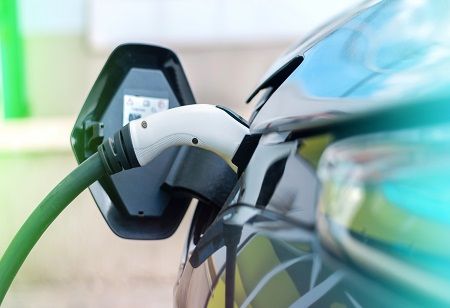
Govt Unveils Guidelines for EV Charging Stations
- 72,300 public EV charging stations planned under PM E-DRIVE with Rs 2,000-crore funding
- 100% for government sites; 70–80% for highways, airports, metro stations, and battery stations
- BHEL as Project Agency; nodal bodies prioritize urban centers, smart cities, and public transport hubs
The Centre has issued guidelines for operationalizing around 72,300 public electric vehicle (EV) charging stations in the country with an allocation of Rs 2000 crore from the Rs 10,900 crore PM E-DRIVE scheme. The government has released EV charging station guidelines under the PM E-DRIVE initiative to expand electric vehicle infrastructure India and promote sustainable mobility India.
The guidelines bring to the forum a subsidy structure for deploying infrastructure for EV charging stations in different types of locations. This move aligns with the government EV policy, supporting wider adoption of electric vehicles across the country.
If the EV chargers are provided at government-owned locations, including offices, residential societies, hospitals, and educational institutions, a complete 100% subsidy would be provided for both upstream infrastructure and the EV charging equipment, on the condition that the chargers are made available for public use free of cost.
Other locations within cities or along highways that are run by state or central government entities or public sector companies, including, but not limited to, railway stations, airports operated by the Airports Authority of India, bus stations operated by metro stations, municipal parking lots, ports, NHAI/state-run toll plazas, and way-side amenities will be eligible for an 80% subsidy towards the upstream infrastructure costs and a 70% subsidy for the EV supply equipment.
Also Read: NTPC, NPCIL to Invest Rs 42,000 Cr in 2,800 MW Rajasthan Plant
Additionally, 80% of the expenditure on upstream infrastructure will be subsidized for urban streets, shopping malls, market complexes, highways, and expressways. The same subsidy level will also be applicable for Battery Swapping Stations or Battery Charging Stations, regardless of location.
Eligible entities, which include central ministries and state and Union Territory (UT) governments, will designate nodal agencies to aggregate demand for EV public charging station (PCS) facilities, and submit the proposals to the Ministry of Heavy Industries through an online portal dedicated to the subject. These nodal agencies will determine high-priority locations for facility development, and support the submission of consolidated proposals.
Bharat Heavy Electricals Limited (BHEL) will serve as the Project Implementation Agency (PIA) to manage the rollout of public EV charging infrastructure. Subsidies will be allocated in two tranches and released based on compliance and performance indicators.
The initiative is set to prioritize urban centres with populations of over one million, smart cities, satellite towns connected to a metro system, state capitals, and national and state highways with high density.
Key public transportation terminals, such as railway stations, airports, and fuel retail stations, will receive infrastructure under this initiative, thereby ensuring widespread accessibility and supporting the transition to electric mobility in India.

.jpg)